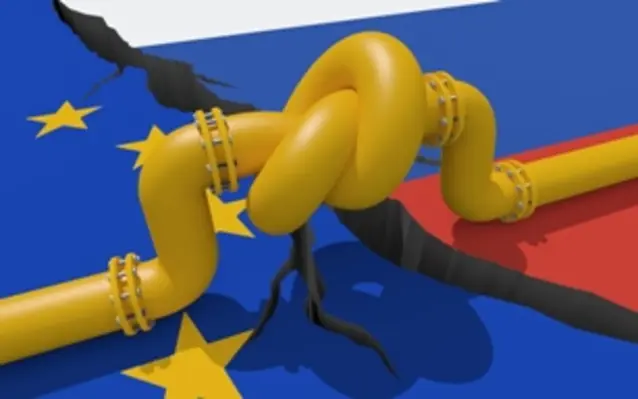Rajat Kapoor, managing director of Synergy Consulting, discusses whether western sanctions against Russia are truly working
Since the beginning of Russia’s invasion of Ukraine on 24 February, the United States, the United Kingdom and the EU, and several other nations have imposed economic sanctions on Russia in an attempt to throttle the Kremlin’s biggest cash generator – its oil & gas exports.
Key punitive actions being taken by Western Nations in a bid to hurt the Russian hydrocarbons industry include the EU looking to ban all imports of oil brought in by sea (but not via pipeline) from Russia by the end of 2022. The US has debarred all Russian original oil & gas imports, and the UK is seeking to do the same by the end of the year. The EU is also looking at ways to minimise its dependence on Russia for its gas needs, already having taken to importing LNG as a substitute to gas via pipeline from Russia.
As retributory as they appear on paper, these Western sanctions seem to be have had little effect on the ground. As per a recent report by the International Energy Agency (IEA), Russian oil production in July was only 310,000 barrels of oil per day (bopd) below prewar levels – a fall of less than 3%, while total oil exports were down by about 580,000 bopd. Since February, Moscow's crude and oil product exports to Europe, the US, Japan, and Korea have decreased by around 2.2mn bopd; however, in a bid to seek newer markets for its oil, Russia turned to the growing and energy hungry economies of Asia such as China, India and Turkey, which eagerly snapped up cargoes being rerouted eastwards, thereby mitigating any financial losses to the Kremlin exchequer.
In the first half of 2022, China even surpassed the EU as the largest importer of Russian petroleum as Asian buyers have moved in to take advantage of low crude prices being offered by Russia to “friendly countries”. The ability, indeed the enthusiasm, of Asian importers to absorb Russian barrels in their crude diet has prompted the IEA to increase its Russian production forecast for the second half of 2022 by 500,000 bopd and by 800,000 bopd for 2023. With the Russian oil & gas industry, at best, mildly inconvenienced by the current crop of sanctions imposed against it, policy makers in the EU are already suggesting a possible softening of measures – just last month, the EU loosened its restrictions on supplying Russian oil to countries outside of the bloc. And this while the continent is facing record gas prices as it imports expensive LNG over cheaper Russian piped gas – benchmark European gas prices at the Dutch TTF hub have risen by nearly 300% year on year, while German and French front-year power contracts have leapt by 540% and 790% respectively. This is leading to record inflation and soaring energy prices across the continent.
As Europe looks to a cold winter with gas prices expected to creep even higher, thereby adding to woes of not just the industrial economy but set to cause severe pain at the household level, the West needs to seriously introspect if the current set of economic sanctions are working, and average Joe on which side of the border is hurting the most!
This article is authored by Synergy Consulting IFA.










